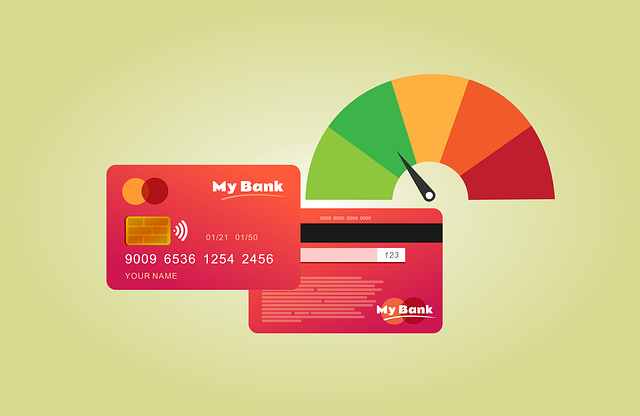High credit scores significantly benefit real estate buyers and sellers by securing better mortgage terms, lowering costs, and improving borrowing conditions. Maintaining or improving credit through timely payments, low credit utilization, error checks, and debt management strategies is crucial for navigating the competitive real estate market successfully.
In the dynamic realm of real estate, understanding credit scores is paramount for securing favorable mortgage rates. Higher scores not only open doors to better financing options but also streamline the buying process. This article guides you through the intricate link between credit scores and real estate, offering insights into how top ratings can significantly impact your financial journey. Discover effective strategies to enhance your creditworthiness and navigate the market with confidence.
Understanding Credit Scores in Real Estate

In the competitive world of real estate, understanding credit scores is paramount for both buyers and sellers. Credit scores serve as a numerical representation of an individual’s financial reliability, offering lenders and estate agents valuable insights into potential homebuyers’ capability to secure mortgages and manage repayments. A higher credit score indicates better financial health, which translates to lower interest rates on loans, making the purchasing process more affordable.
For real estate transactions, a strong credit score can mean the difference between securing your dream home or missing out. Lenders often view applicants with higher scores as less risky, facilitating smoother approvals and potentially more favorable terms. This, in turn, benefits buyers by saving them money over the life of their mortgage. Conversely, poor credit scores may lead to higher interest rates, stricter lending criteria, and a reduced chance of loan approval, complicating the real estate journey.
The Impact of High Scores on Mortgage Rates

In the competitive landscape of real estate, higher scores hold immense significance, especially when it comes to securing mortgages. A good credit score is like a key that unlocks favorable terms and rates for borrowers. When individuals present robust financial histories demonstrated by high scores, lenders take notice. This positive signal indicates responsible borrowing and timely repayments, which are hallmarks of reliable borrowers.
As a result, these applicants often gain access to lower interest rates, meaning substantial savings over the life of their mortgages. This benefit isn’t merely financial; it translates into long-term stability for homeowners. Thus, maintaining or striving for excellent credit scores is a strategic move in the real estate journey, ensuring not just better rates but also enhanced borrowing power and overall financial health.
Strategies to Achieve Better Credit Ratings

Achieving a higher credit rating is a significant step towards securing better rates, especially in the competitive world of real estate. One effective strategy is to maintain a consistent and positive payment history. This means ensuring timely payments on all your loans and credit cards. Setting up automatic payments or reminders can help you stay on top of these obligations.
Additionally, keeping a low credit utilization ratio is crucial. This ratio represents the amount of available credit you’re currently using. Aim to utilize less than 30% of your total credit limit. You can achieve this by considering consolidating debt or increasing your credit limits (while being mindful not to spend more). Regularly reviewing your credit report for errors or inaccuracies is another valuable practice, as it allows you to dispute any discrepancies that may be impacting your rating negatively.






